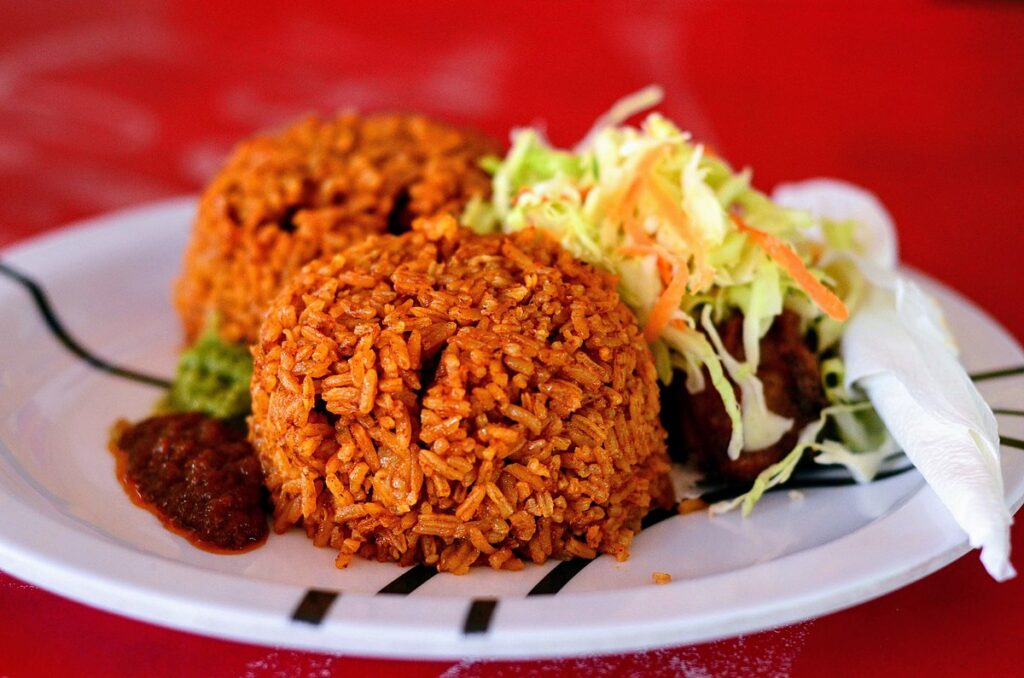African cuisine is a rich tapestry woven from diverse cultures, history, and geography. Each region of Africa offers distinct flavours, ingredients, and cooking techniques that have evolved over centuries.
From ancient trade routes to contemporary global influences, African food has undergone significant transformations.
Initially rooted in traditional recipes passed down through generations, African cuisine has not only preserved its heritage but also adapted to global trends, becoming a recognized and influential part of world gastronomy.
African cuisine – old and new
In its traditional form, African cuisine was highly localized, shaped by the environment, climate, and available resources. Indigenous ingredients like millet, sorghum, cassava, yams, and a wide variety of leafy greens and spices were staples in many African households. Cooking methods were often simple, utilizing methods such as boiling, roasting, or steaming.
A key characteristic of traditional African meals was the communal aspect, with large pots of food shared among family members and guests. Spices and herbs, such as chili, ginger, garlic, and tamarind, were integral to the vibrant flavours that defined the cuisine.
However, the history of trade, migration, and colonization brought new ingredients and techniques into African kitchens. The transatlantic slave trade, for example, led to the introduction of European and Caribbean influences, as well as the exchange of culinary traditions.
The introduction of maize, tomatoes, and various types of meats like pork and beef began to reshape African dishes. In addition, the spread of Islam and Christianity across the continent introduced new religious dietary practices that further influenced culinary traditions.
Off the continent
In recent decades, African cuisine has moved beyond its traditional boundaries.
The global demand for authentic, exotic flavours has elevated African dishes on the world stage. Ingredients like plantains, jollof rice, injera, and Moroccan tagine have become staples in international restaurants and food markets.
African chefs and culinary experts are also playing a significant role in reinterpreting traditional dishes, blending them with modern techniques and influences from other global cuisines.
The use of organic, locally sourced ingredients is gaining momentum, and African food is increasingly being celebrated for its health benefits and sustainability. Today, African cuisine is celebrated not only for its bold flavours but also for its cultural significance. Food festivals, cooking shows, and social media have further elevated African cuisine, turning it into a symbol of pride for African nations and an essential part of the global food scene.
As it continues to evolve, African cuisine will undoubtedly influence culinary practices worldwide, while still holding strong to its roots and traditions.
Conclusion
In conclusion, African cuisine has undergone a remarkable evolution from its traditional, region-specific recipes to a globally recognized and influential culinary force. This transformation reflects the continent’s ability to adapt, innovate, and share its unique flavours with the world, all while preserving the deep cultural and historical connections that define African food.


